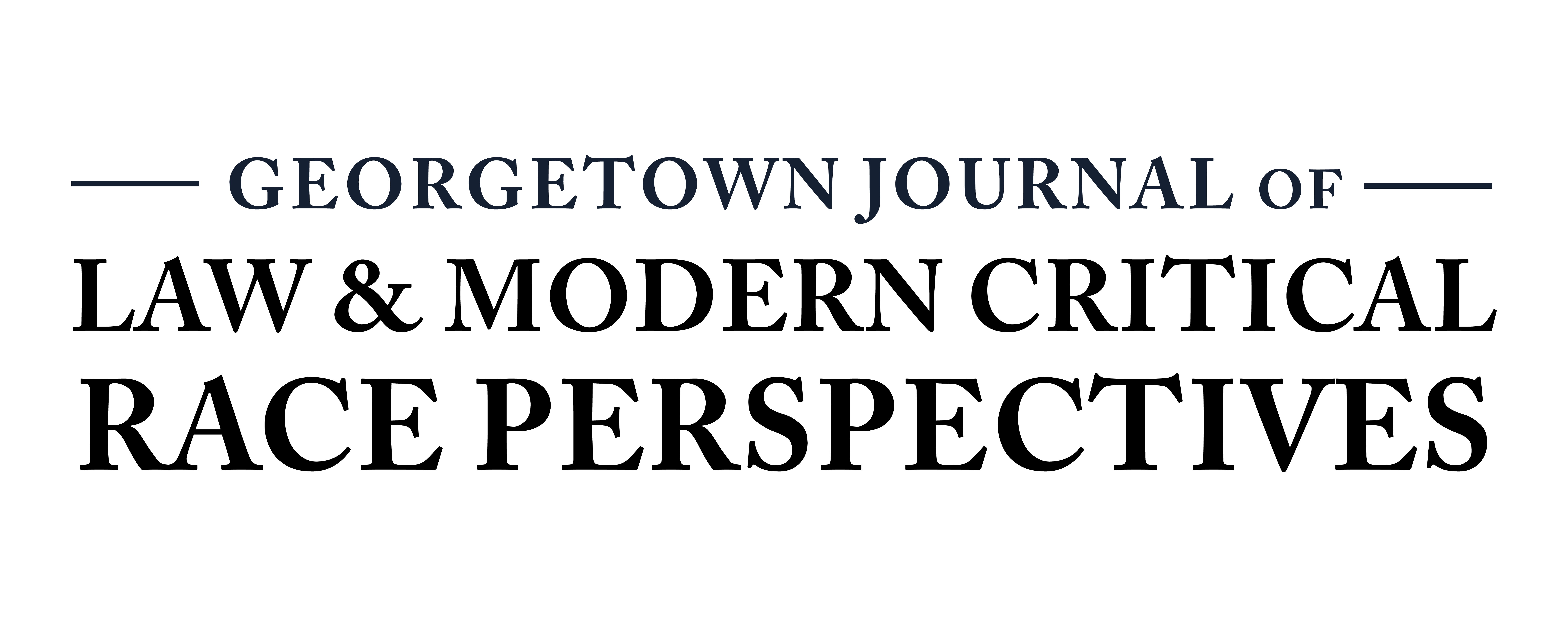Of Bias and Exclusion: An Empirical Study of Diversity Jurisdiction, its Amount-In-Controversy Requirement, and Black Alienation From U.S. Civil Courts
Empirical studies find that Black Americans distrust the U.S. justice system because they believe that it will not treat them fairly. The well-developed empirical literature on race and the criminal justice system demonstrates that this belief is well founded. At the same time, the empirical literature on race in the civil justice system is less well developed owing to a lack of data associating racial and other demographic information with court filings. To fill part of that gap, I combine federal filings data with U.S. Census and National Center for Health Statistics data to produce a dataset representing 254,643 actual filings with associated data on race, poverty-rate, and population density. I then use this data to engage in a statistical analysis of race and diversity jurisdiction through the lens of increases in the amount-in-controversy requirement.
I find that a large percentage of Black claimants are simply missing from the federal courts. This result is consistent with studies finding a barrier to Black claimant use of the courts arising out of systemic racism which creates and maintains Black Americans’ distrust of the U.S. justice system. The analysis also finds that increasing the amount-in-controversy requirement further decreases filing rates and, thereby, creates a second barrier for Black claimants to access the federal courts. This additional barrier can only serve to reinforce and deepen Black alienation as those Black claimants willing to trust the federal courts are told that federal court is not for people like them.
In addition, the analysis to identify hidden or unknown covariates produces evidence of belief that the state courts are biased in other ways including geographic bias, rural court bias, and bias against the poor.
Continue Reading Of Bias and Exclusion
Read Reaction to Of Bias and Exclusion by Hawah Cyllah
Subscribe to MCRP
